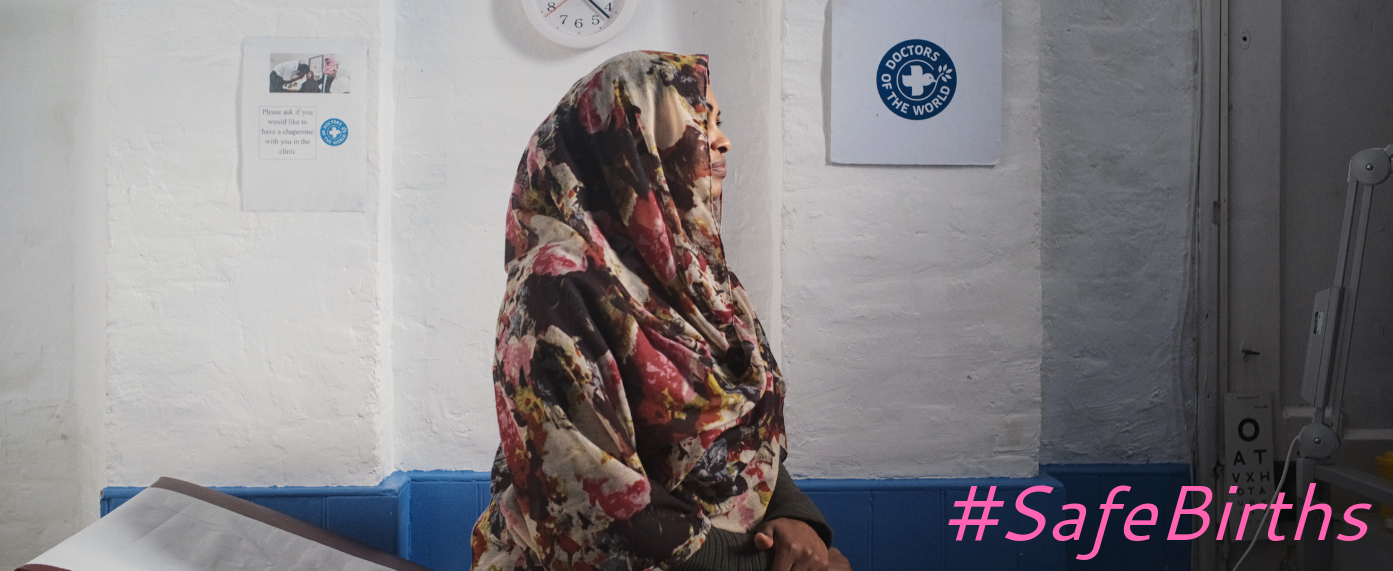Day Seven #SafeBirths – Durga
Published 2nd December 2018
There should be no barrier or fears at all in accessing antenatal care.
Durga is the Women and Children’s Clinic Coordinator at our London Clinic. She is a qualified GP and has worked both in the UK and in humanitarian settings, particularly in a refugee camp in Greece.
While I have a special interest in women’s health and access to healthcare, I have only become aware of the impact of charging in antenatal care since working at Doctors of the World.
Pregnant women face enormous barriers in accessing antenatal care. Firstly, antenatal care is charged as a standard package of care rather than an itemized bill. This makes it more challenging for patients: they will be charged a lump sum regardless of how much antenatal care they actually receive. In addition, more and more now women are receiving bills halfway through their pregnancy or even sometimes before their first appointment. This is very hostile and stops many women from accessing antenatal care. On top of all this, the wording often makes it sound as if these women have to pay a deposit to access antenatal care: none of these women have the means to do so.
What we’re trying to do in our clinic is to educate women about charging. In this way, they can be prepared and hopefully reassured. Most women are contacting us soon after receiving their bill. They do not know why they have received this and they don’t have the means to pay it. What the documentation fails to say is that a deposit is suggested but not mandatory, and that they can still receive their antenatal care even if they don’t pay. The only requirement is to pay afterwards. We provide this clarification and encourage women to engage with the Overseas Office as having a good relationship will help establish payment plans: being able to pay in small installments helps incredibly.
Worst of all, the ultimate implication of non payment within two months from delivery, is that they may be reported to the Home Office. This is catastrophic. As a result of this, most of the women we see or speak to are afraid of accessing maternity services.
Even once they access antenatal care, women continue to face barriers. I have seen many women turned away from their antenatal appointments because there are no interpreters available. Their appointments delayed for weeks and they may not receive scans or appointments at the right time. Maternity care is an important time to provide information as well as assess women medically and socially. Use of interpreters, either face to face, or on the phone, can easily be arranged within the NHS. There should be no language barrier but we still see discrimination.
There should be no barrier or fears at all in accessing antenatal care.
